I followed a sleep expert’s advice for four days and the results were almost instant – and it wasn’t just my sleep that benefited
You snooze, you win
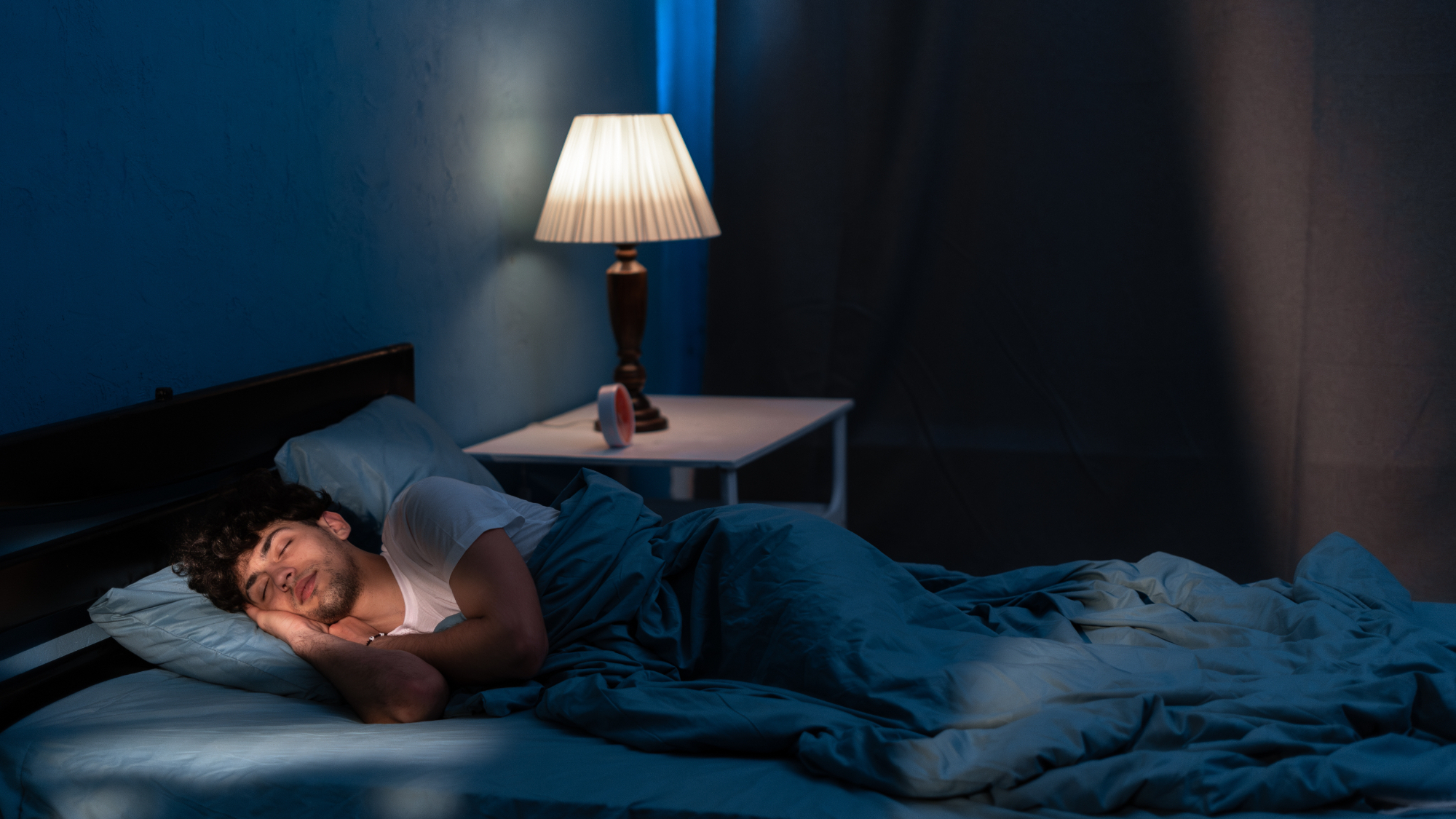
Sleeping; we all do it. But despite daily practice, very few of us have actually mastered the art.
As someone whose fitness tracker is frequently peeved with their poor sleep, I decided it was time to step up my game, so I enlisted the expert help of Dr Sophie Bostock (aka The Sleep Scientist). She shared a series of sleep tips that have had a transformative effect on my time between the sheets.
After trying a few of her tricks for just a few nights, a near-perfect green recovery score replaced the usual slew of yellows on my Whoop 4.0 band (a tracker which provides daily recovery scores, simplified with a traffic light system).
Better yet, my partner (who joined me in this challenge) said she’d enjoyed her deepest sleep in donkey’s years. Her Apple Watch also revealed she’d experienced a “sleeping heart rate dip of 25 per cent” – her highest in five years of wearing the smartwatch.
Here are the tips in their entirety, and how I found each one impacted my sleep:
Five ways I improved my sleep with expert advice from Dr Sophie Bostock
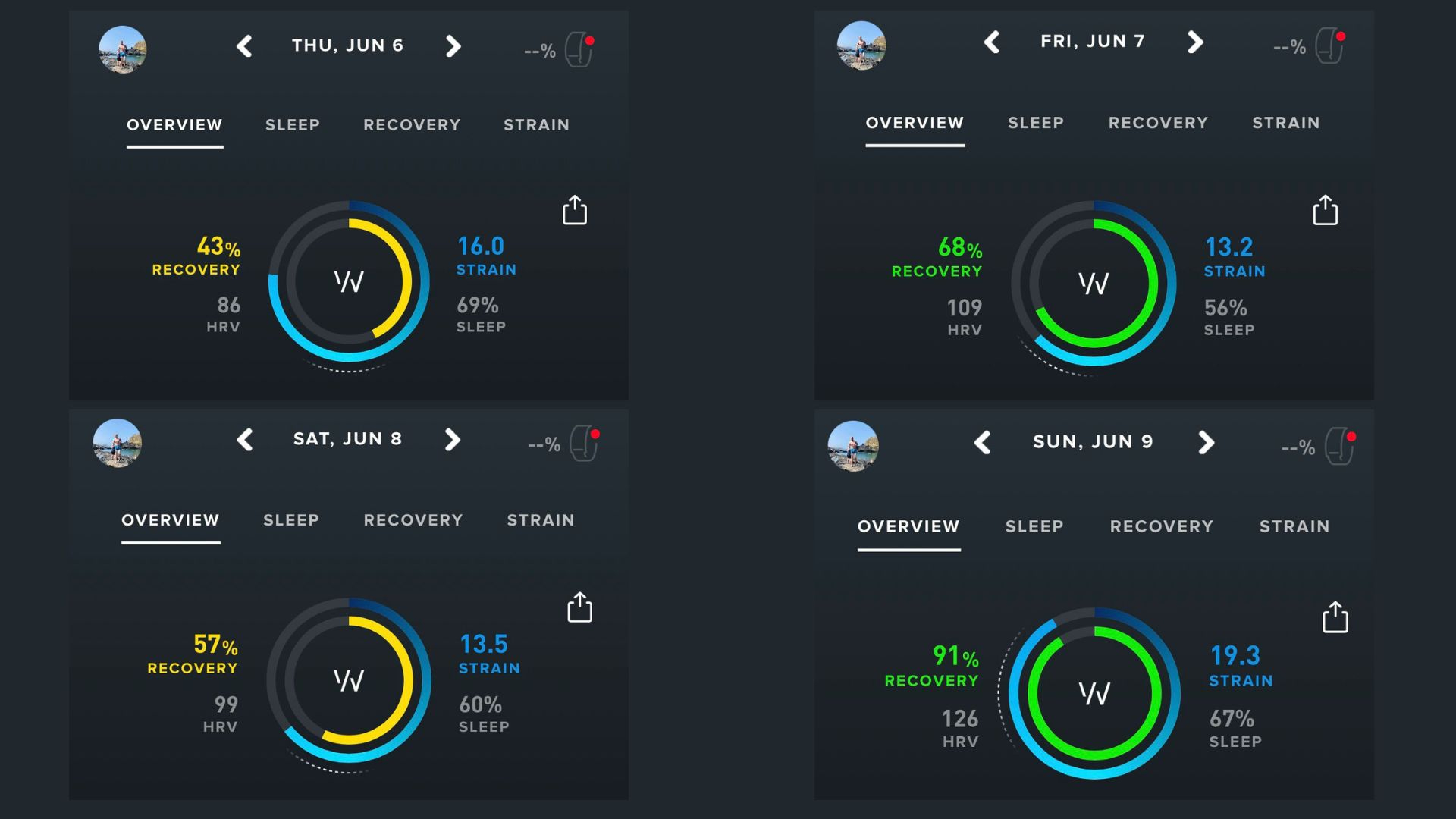
To address my sleep problems, Dr Bostock had me run through my daily routine – “a good night’s sleep starts right from the moment you wake up”.
Some things I said were well received (the lack of caffeine in my diet earned me “full marks”), while factors like my over-reliance on an alarm clock were met with a raised eyebrow.
Sign up for breaking news, reviews, opinion, top tech deals, and more.
For each weak point, Dr Bostock suggested a tweak that might improve my routine, and stressed the importance of trial and error to find out which tips worked for me. So, I tried experimenting with each one to see how it would affect my sleep over the course of four days.
1. I’m sleep deprived – but that doesn’t mean I need 10 hours every night
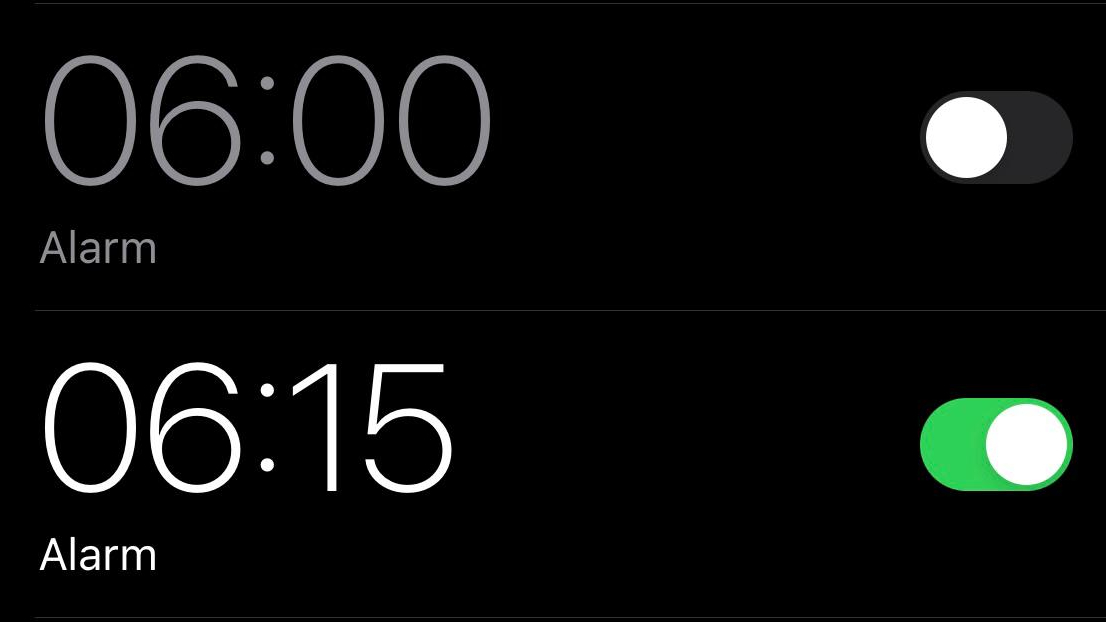
My nightly routine is far from perfect, and I’m lucky to get seven hours of sleep, so I tend to conk out as soon as I’m sitting or lying anywhere remotely comfortable. I’ve always seen this as a talent, but Dr Bostock was less convinced.
“One sign of sleep deprivation is if you can fall asleep within five minutes. It’s probably an indication that you’re not quite getting enough sleep,” she says.
“If you were getting enough sleep and consistently waking up at the same time, I would also expect that you wouldn’t need an alarm clock because you would be waking up naturally after getting the amount of sleep that you need.”
At this point, I fully expect a strict prescription of 10 or more hours' sleep. But Dr Bostock surprises me by suggesting a far less drastic change to my morning routine.
“This is where experimentation comes in," she says. "Start with 15-20 minutes of extra sleep in the morning, then if you feel a bit better consider half-an-hour.”
I knocked my alarm back to 6.15am and, while my morning routine had to be streamlined slightly, I definitely felt a lot better for it. My Whoop band still told me I could use a lot more sleep, but this little change made a big difference to my energy levels and alertness at the start of the day.
2. Rhythm and snooze
The amount of sleep you get is important, I think everyone knows that. But consistency is another vital ingredient of a great night’s sleep.
“When we talk about consistency being really important, we’re talking about circadian rhythms,” Dr Bostock explains.
“These are our internal body clocks, wired into every cell in the body. We are wired to work on a 24-hour rhythm, so we now think [sleep] regularity is almost as important as sleep duration for our long-term health.”
Dr Bostock says an irregular rhythm can lead to different cells in the body working at different speeds, creating chaos. Whereas, when your routine is consistent, it’s far easier for everything to run like clockwork.
Happily, regularity is one of the few things I was doing right with my nighttime routine, consistently going to bed at 10pm, reading for a while then nodding off at about 11pm, so I resolved to keep this going.
3. Send the right signals
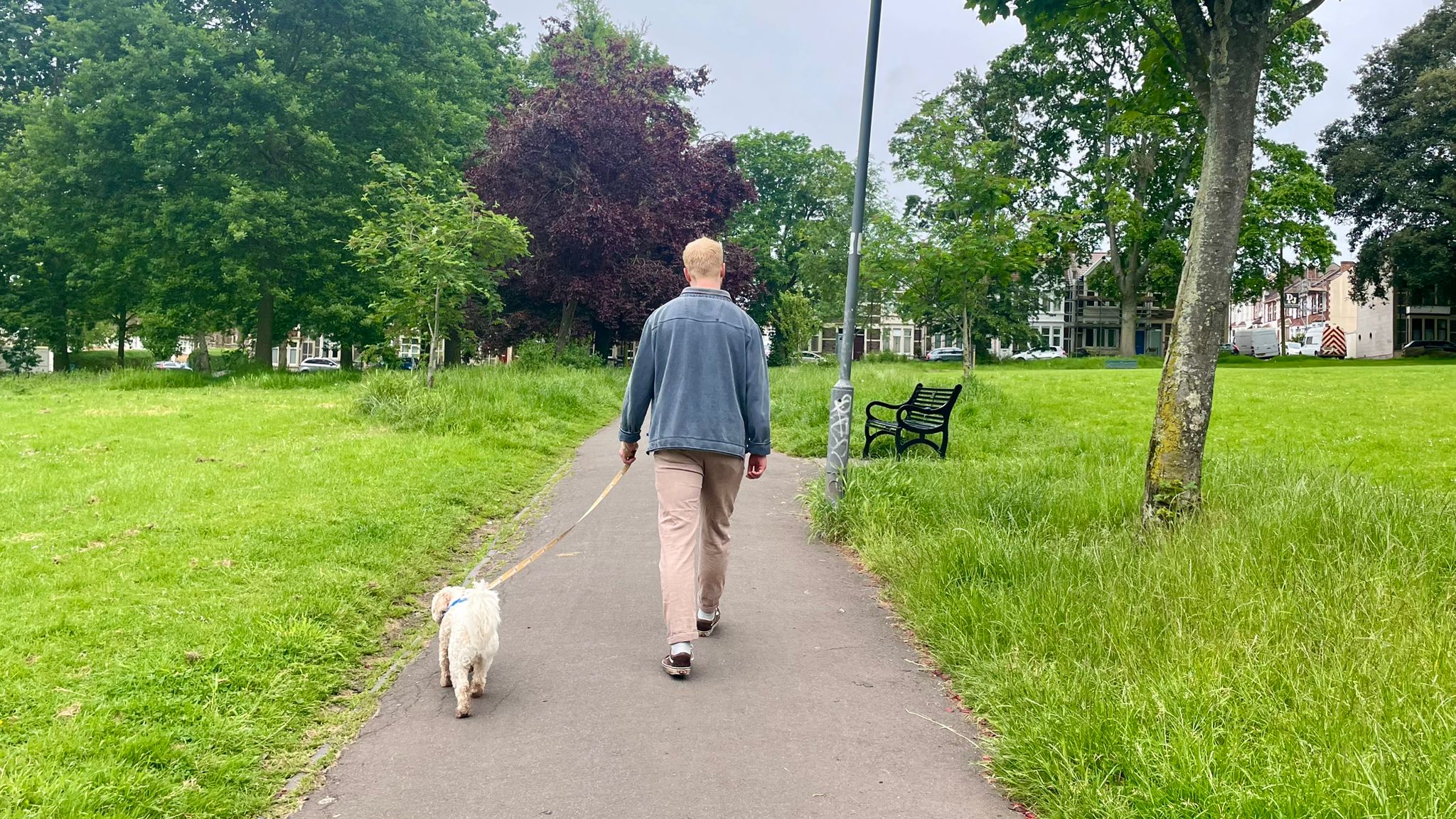
If you haven’t heard of the term zeitgeber, you wouldn’t be the first. Dr Bostock introduced me to the German word, translating it as “time-givers”, signals that tell your body what time it is and how to act accordingly.
“The most powerful signal to your body clock is light,” she says. “When you get light landing on the receptors on the back of the eye, it tells the master clock that it’s time to be alert.”
In the day, this means working by a window and taking breaks outside. At night, Dr Bostock recommends avoiding bright lights up to three hours before bedtime.
“I always advise people to light a candle with dinner as a reminder to turn the lights down low,” she adds.
So, that’s exactly what I did. And while falling asleep fast has never been an issue for an early bird like me, I did feel incredibly relaxed as I traipsed up the stairs to bed. More impressively, my partner (a fully fledged night owl prone to a pre-bed TikTok hole) also drifted off in a matter of minutes.
4. Don’t let snacking eat into your sleep
I love snacks, especially before bed. They signal the end of my commitments for the day, and a time when I can truly kick back. But, as it turns out, this habit could be playing havoc with my sleep quality.
“If you’re eating at 9pm, you’re sending a message to your internal systems to say, ‘It’s still daytime, there’s still stuff to do, I still have my food to metabolize’,” Dr Bostock says. “It’s going to be very difficult to stay in a deep sleep for at least two, if not three, hours afterwards.”
It takes me a while to stomach this tip, and the news goes down even worse with my sweet-toothed, tea-loving partner (caffeine is also a write-off within eight hours of bedtime). But we stick to it, prepping dinner at 6pm and polishing it off within the hour.
It’s likely that this trick helped both of us nod off that night, and wake up feeling more rested than usual. However, I did feel ravenous the following morning as I headed to my AM gym session, so this one might need a few revisions before I can successfully add it into my routine.
5. Get things off your chest
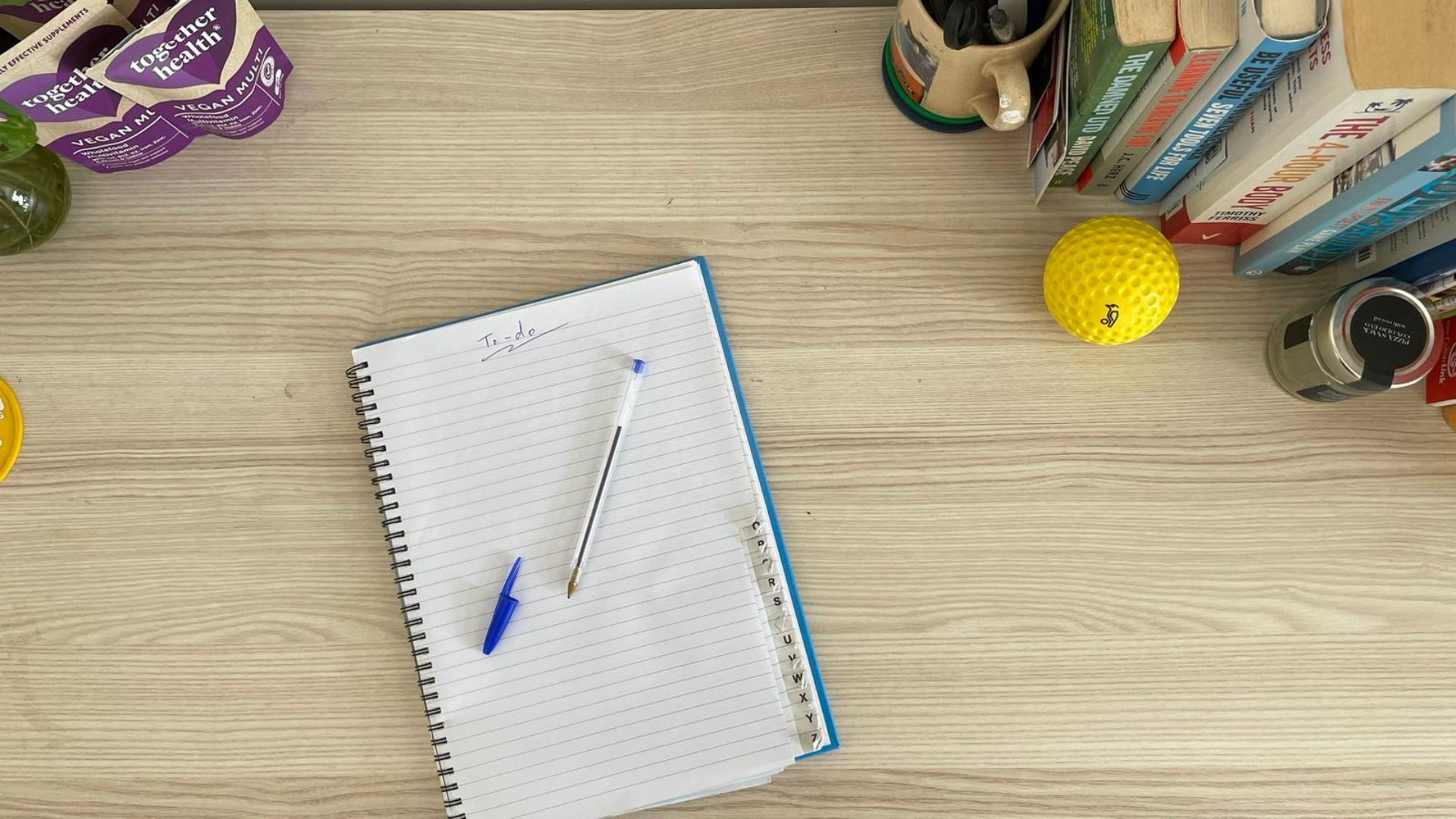
Dr Bostock's final tip was to try journaling before bed, whether that came in the form of a journal entry, to-do list or even an end-of-day debrief with a friend or family member.
She recommends drawing a line through anything you can’t control, and coming up with a quick action plan for anything you can – for example, carving out some time in your calendar the next day to prepare for a presentation you’re worried about.
“Give yourself that sense of control – it might be something stressful, but you’ve got a way of dealing with it,” says Dr Bostock. “Reflect on each thought, express it so it’s not just churning around in your head, then move on.”
I decided to draft a concise to-do list before bed. Then, on Dr Bostock’s recommendation, I moved on to a “positive distraction” (a short stretching session from Pliability, one of the best fitness apps).
Personally, I didn’t feel the to-do list had too much of an impact. However, this tip is targeted at those who struggle to drift off, which was never my problem. And, though it might not be a habit I choose to keep, Dr Bostock stresses that sleep is a highly personal thing and each tip will work for some, not all, people.
How will I change my sleep routine in the future?
The internet is a seemingly endless source of health and fitness advice. The problem is, everyone’s different, and what works for one person might not work for another.
I always remember a conversation with leading performance coach Borge Fagerli, who likened it to advising people on the best way to get a suntan: “If I see a guy who spends one hour per day in the sun and he has a good tan, that doesn’t automatically imply I can do the same thing.”
The same applies to sleep – that’s why I enjoyed Dr Bostock’s individualized approach to improving my snoozing. She gave me the ingredients I needed in the form of tips, and I was able to sprinkle them into my routine to see which ones worked for me.
So, while I didn’t find journaling added too much value to my pre-bedtime rituals, lowering the lights in the evening and giving myself a few extra minutes in bed each morning made my fitness tracker happier than it’s ever been. These changes also boosted my alertness in the mornings and helped me feel far more energetic through the rest of the day. That’s why I’ll be making them a permanent fixture from here on in.
You might also like...
- ‘If I had to choose one stretch for the rest of my life, this is the one’ – a yoga instructor says she does this move every day to destress and improve posture
- Train like one of the fittest people on earth with this surprisingly accessible 25-minute workout
- I've been walking 10,000 steps a day for a year – here are five unexpected benefits I've experienced
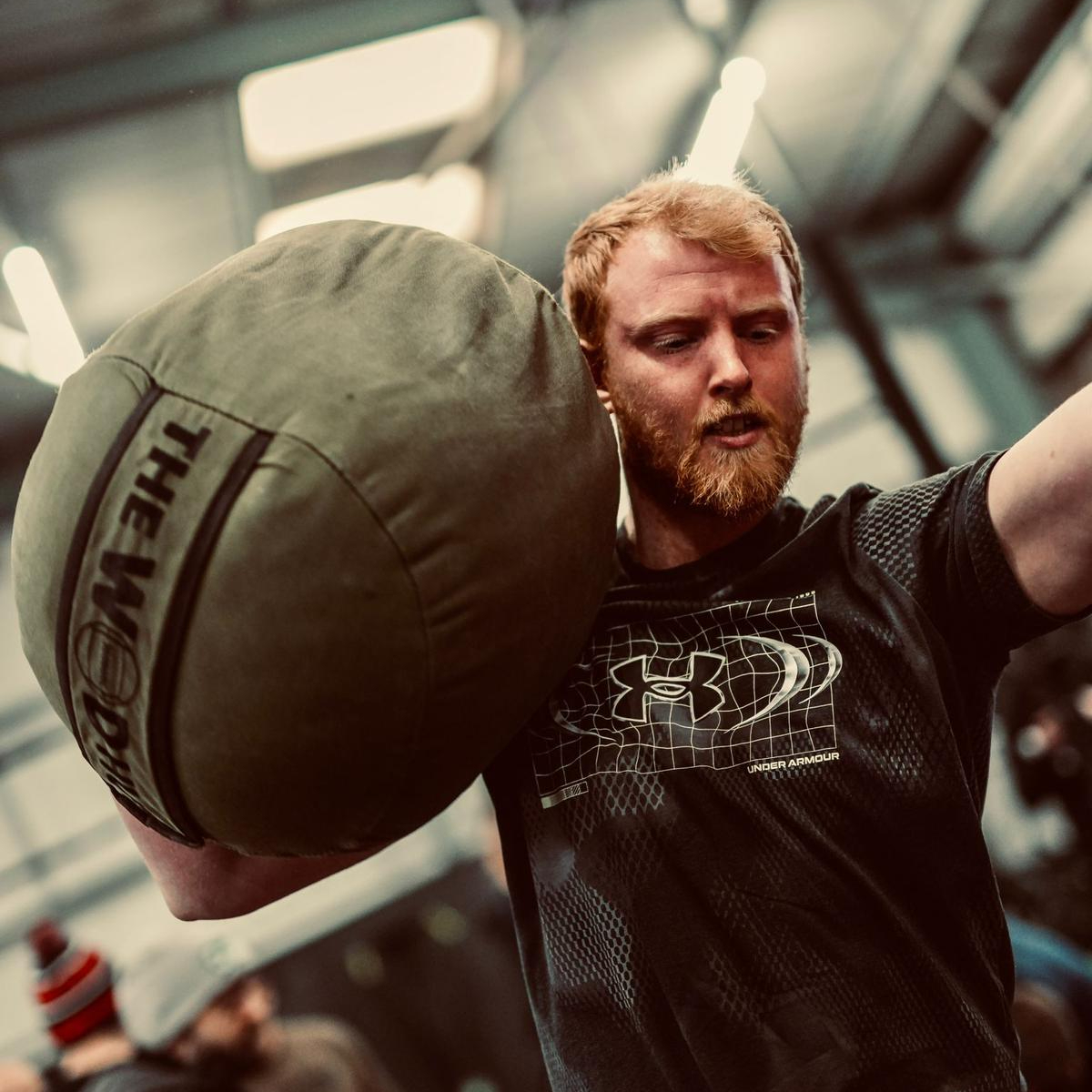
Harry is a huge fan of picking things up, putting them down again and writing about it, which uniquely qualifies him for the position of fitness and wearables writer with TechRadar.
He’s an NCTJ-qualified journalist with a degree in English and journalism and several years’ experience covering the health and fitness beat. This has involved writing for the likes of Men’s Health, Women’s Health, Runner’s World, Fit&Well, Live Science and Coach.
Harry is passionate about all things exercise-related, having spent more than a decade experimenting with a wide range of training styles. He's used strength training, bodybuilding, Pilates, powerlifting, gymnastics, rowing, yoga, running, calisthenics, CrossFit and more to build a fit, functional body (and have fun while doing it).
When he’s not writing or training, he can usually be found racing his dog Archie up scenic hills in the south west of England or working to complete his NASM-certified personal trainer qualification.